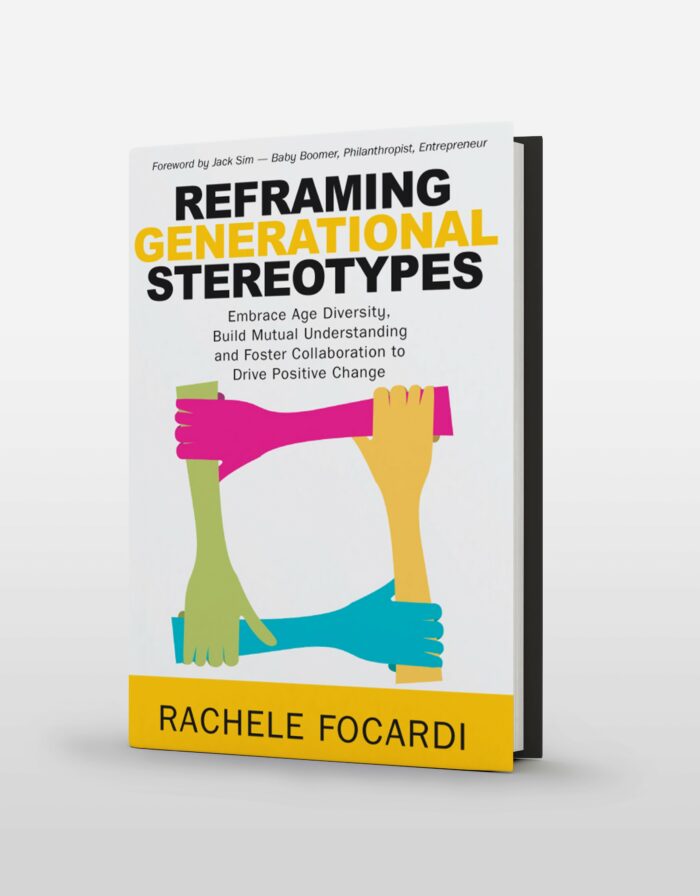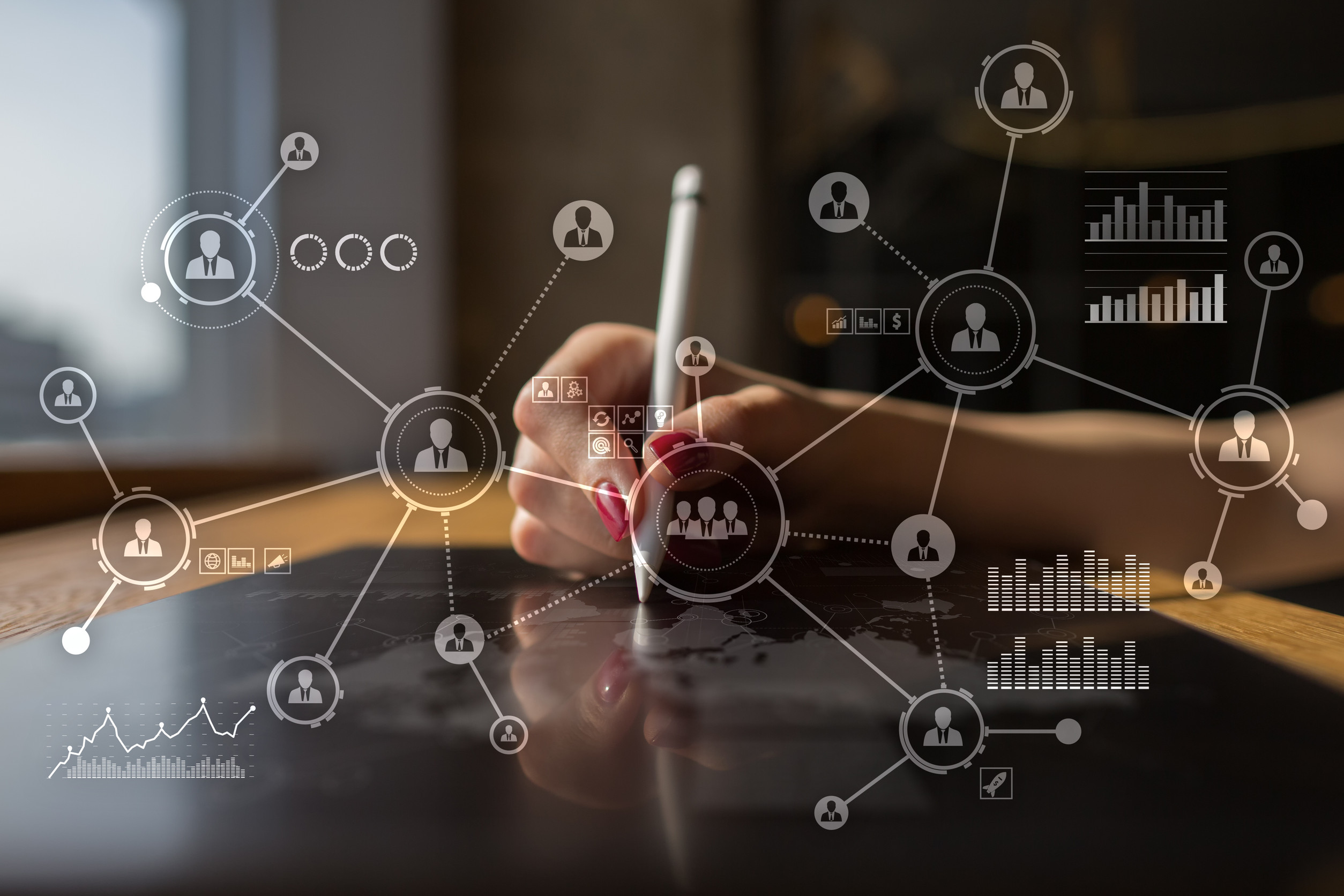Intergenerational collaboration is the key to saving the world – Now more than ever!
- HRM Asia Newsroom

“To harness the power of every generation, the working environment is paramount.” – Rachele Focardi, author of the new book, Reframing Generational Stereotypes.
We live in a polarised society. We see it all around us: old versus new, experience versus ambition, knowledge versus vision, traditional versus New Age mindset, realism versus idealism, conservative versus liberal.
This lack of cohesion is clearly reflected in the workplace, with Baby Boomers and Gen X on one side, and Millennials and Gen Z on the other. Different generations, shaped by very different forces and large-scale events, each with their own unique strengths and fears, struggling to prove their worth and contribute in a meaningful way.
Gen Z — the new kids on the block — demand change. We read about their activism in the news every day. From Greta Thunberg’s “School Strike 4 Climate Action” movement, the #NeverAgain Campaign to curb gun violence in the U.S., or #BlackLivesMatter, more and more young people around the world are rising together behind a social cause. Well-travelled and globally connected, Gen Z is very aware that humanity is facing significant global issues and they feel a sense of responsibility to fix what’s broken.
Much like Millennials with “Work Environment and Culture”, Gen Z will be driving the next big shift, and it will be related to “Purpose and Impact”. As they enter the workplace, they will expect to be able to make significant contributions in a short period of time by exploring new ways of thinking, working, and addressing problems.
Baby Boomers and Gen X, however, are seen by this group of youngsters as more resistant to change, with a tendency to rely more on their past experiences, frequently trying to tame Gen Z’s need for change instead of enabling it. The older generations, on the other hand, often complain about Gen Z’s lack of maturity, knowledge, discipline, patience and focus, alongside the lack of respect and appreciation they show for those with many more years under their belt.
This results in having different age groups distracted from their work by a seething sense of mutual resentment. Poor communication combined with conflicting expectations can be a source of tension between generations and lead to a series of seemingly unsurmountable intergenerational conflicts in the workplace that hinder not only an employer’s ability to retain talent, but the opportunity to leverage on each generations’ unique strengths to drive impact and innovation.
While generational differences are often overlooked, buried under the sand, or simply ignored, they will now play major part in either stagnating progress or catalysing change. Our world is in desperate need of both the experience and knowledge of the older generations, and the energy and social mindedness of today’s youth. And while it’s undoubtedly true that Millennials and Gen Z understand what is important to society at large, it is also true that they will need the support of Baby Boomers and Gen X to turn their aspirations into reality.
To harness the power of every generation, the working environment is paramount. Organisations must ensure that the different mindsets between age groups do not hinder performance and innovation. To do this, they must commit to fostering a culture where everyone feels equally valuable, respected, recognised, and able to contribute. The disparities and hidden resentments, however, can make this unachievable. The only way to overcome this barrier is through the power of intergenerational collaboration.
As Daniel Araya wrote in the Forbes article titled “The Revolution After the Crisis,” we are on the verge of a complete social renewal, and if it is true that every generation seeks to resolve the crisis of the last, Gen Z will be the catalysts for this Second Global Renaissance, one that will “replace market dogmas with digital humanism”.
I do believe that today’s youth has what it takes to change the world, but they can only succeed if they can work hand-in-hand with the older generations to chart a more positive trajectory and solve the many interconnected problems we will increasingly be facing.
For both our world and our businesses, being able to combine the drive, creativity and social mindedness of today’s youth, with the broad range of skills and experience of those that came before them will mean the difference between surviving and prospering.
Baby Boomers, Gen X, Millennials and Gen Z have different mindsets, expectations and communications styles, yet they have one thing in common: they ALL feel misunderstood.

Being aware of each other’s needs, challenges, viewpoints, strengths – even fears, is key to unlocking the power of intergenerational collaboration. Unlike most management books, Rachele Focardi’s Reframing Generational Stereotypes, uses stories to reveal the origins of workplace conflicts, provide groundbreaking strategies to address them, and share first account best practices from leading global organisations. Whether you are a business leader, HR professional, employee, educator, student, or the founder or heir of a family business, this is a book you must read.
Reframing Generational Stereotypes is available for purchase at McGraw Hill and Amazon.






